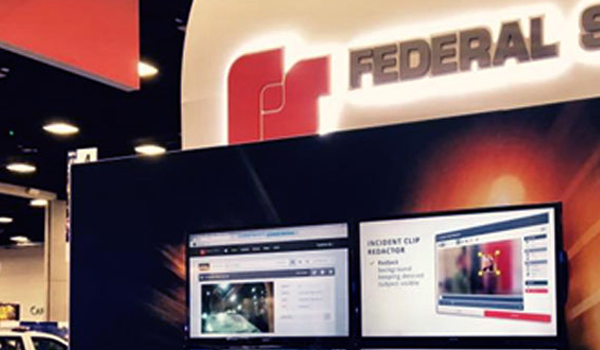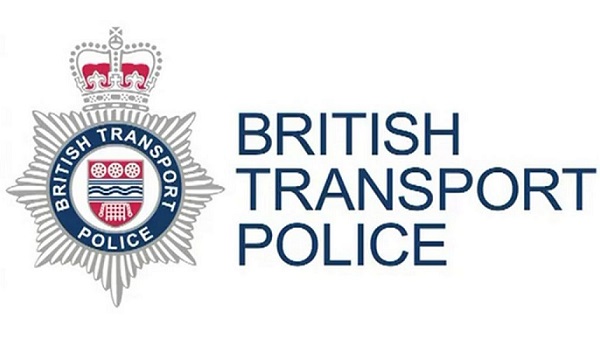SOCA rolls out Arena
Forces across the country will soon be equipped with an enhanced search and analysis system that will provide faster, easier and more comprehensive methods of researching intelligence databases.

Forces across the country will soon be equipped with an enhanced search and analysis system that will provide faster, easier and more comprehensive methods of researching intelligence databases.
The Serious Organised Crime Agency (SOCA) announced the rollout of the Arena initiative in its Suspicious Activity Reports (SARs) annual report, published at the end of last year.
Arena underwent successful trials in four pilot organisations last September, during which technical glitches and areas of benefit were highlighted by the end users.
A key component of Arena software is the visualisation of intelligence data. Instead of search results being displayed only as a list of SARs, as is the case with Money.Web (the online portal through which end users access the SARs database), Arena users will be able to visualise the links between people, companies, locations and other information from multiple SARs in the form of network charts (see below).
This will enable users to intuitively identify key individuals within these networks, the reports that link them and other related information without the need to run multiple searches.
The quality of the intelligence relevant to the inquiry should improve and be identified more rapidly, enabling more informed decision-making by the user.
SOCA claims that the Arena system will bring efficiency and productivity benefits, as users will find some current processes are no longer required or are carried out automatically and will be able to identify relevant information that may be missed using existing capabilities. This means users will be able to identify intelligence relevant to their inquiries in less time, improving the quality of intelligence and enabling better informed decision-making.
It is expected to help some 2,000 staff in police forces and other law enforcement agencies to use SARs more effectively.
SOCAs report highlighted the significant contribution SARs continue to make in identifying and tackling crimes such as benefit fraud, money laundering, arms dealing and drug trafficking.
Work over the past year has allowed SARs to be used in combination with other data sets, which in turn produces further benefits for partners. SARs have added value to High Volume Operating Model (H-VOM) outputs as a result of cross-matching exercises with core SOCA data and other information made available to SOCA to prevent or detect crime or to identify criminal assets. The H-VOM is SOCAs risk-based approach to the management of all individuals and groups identified as involved in organised crime affecting the UK. Analysis of these multiple subjects across multiple data sources helps identify new vulnerabilities and opportunities to prevent or disrupt these activities.
For example, the UK Financial Intelligence Unit (UKFIU) matched 8,000 counterfeit, forged or compromised identity documents identified by the Metropolitan Police Service (MPS) following raids on a UK document factory and passed the resulting intelligence to the operational team. This identified 1,300 matches to SARs relating to 280 identities. On another occasion, the UKFIU matched details of 200 criminals who had changed their name by deed poll and identified 29 SARs. An intelligence report by the Identity and Passport Service was passed to Essex Police and the Driver and Vehicle Licensing Agency (DVLA).
Technology such as Arena plays a key part in enabling the SARs regime to function successfully.
Over the coming year, SOCA will communicate best practice and promote the use of Arena analytical tools by end users. SOCA will also encourage end users to give feedback from Arena analysis of multiple SARs in order to then provide enhanced feedback to reporters.
The changes followed a review of the technical capability of the SARs database at the end of 2009 which showed that due to changes in the SARs regime and working practices over recent years, the database no longer needed to perform some of the functions for which i



